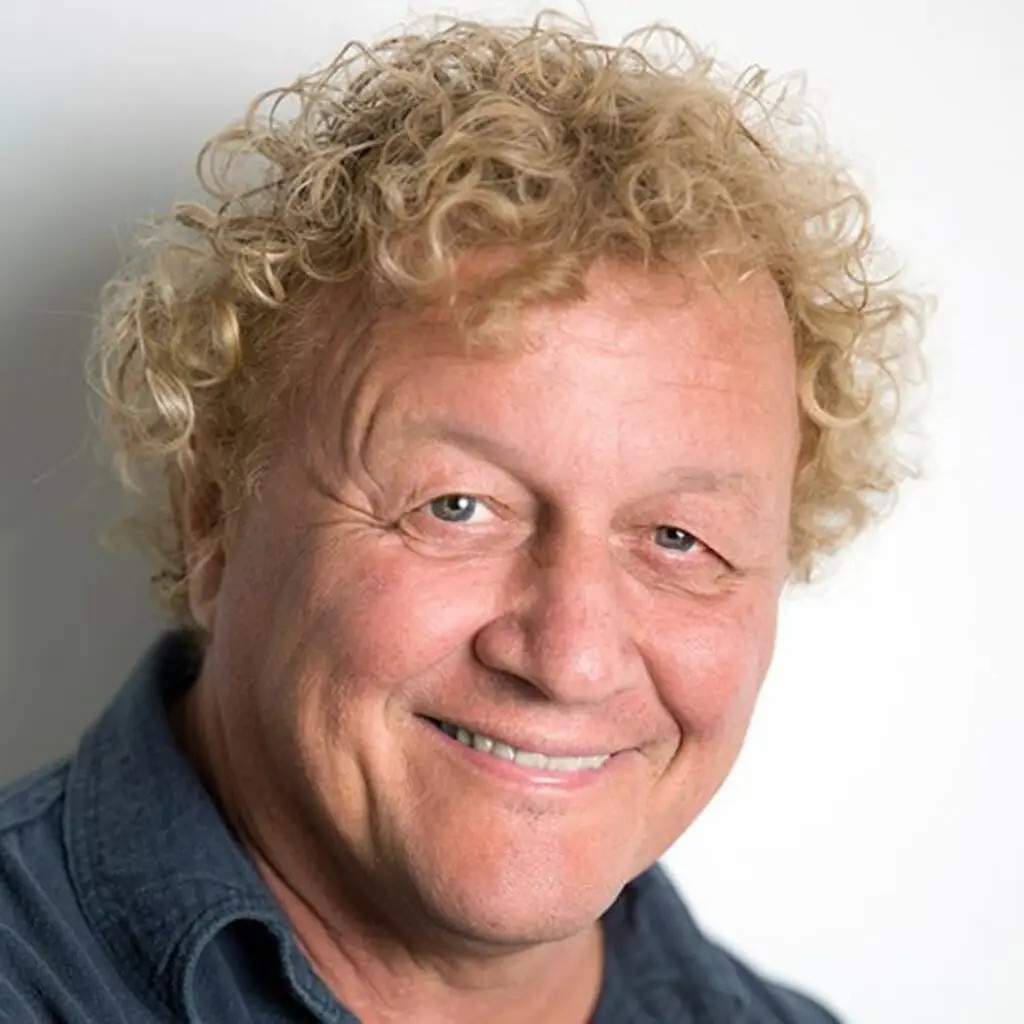Go from reacting in the moment to creating lasting change.
Join us for the free Behavior SOS Summit.
Turn daily battles into breakthroughs. Join 26 experts over 4 free days for practical tools and a framework to decode behavior and create more peace at home and school — without shame, blame, or quick fixes. This Summit is where overwhelm softens, clarity rises, and everything starts to shift.
Oct. 10-13, 2025








Can you recommend good books that help with a 5 year old who has adhd most ones I fine deal with older children. She is not in school due to covid so would like some reading on dealing with her age group
Check out the website anovelmind.com. They have a database of books for kids with challenges and you can sort by categories, like ADHD.